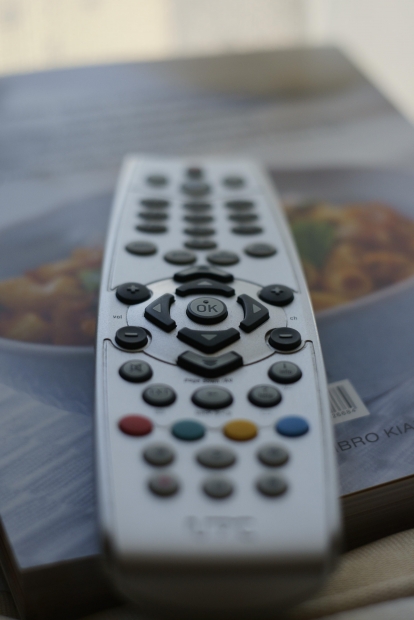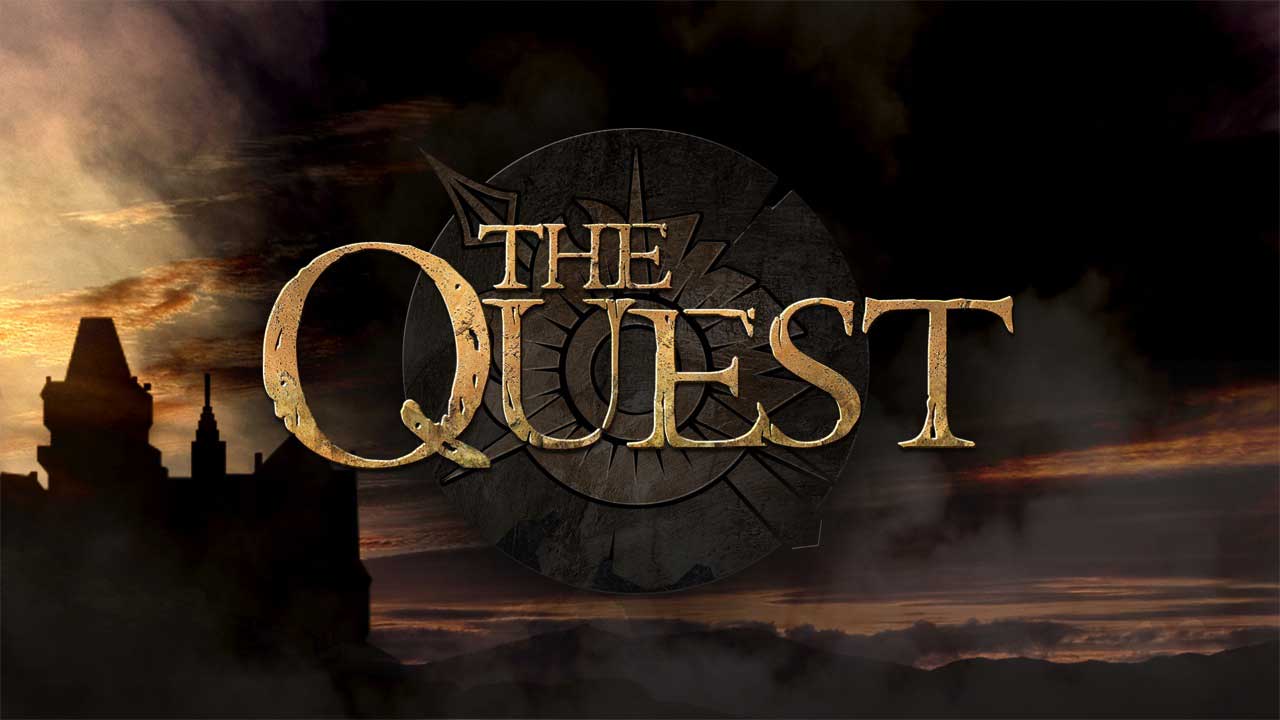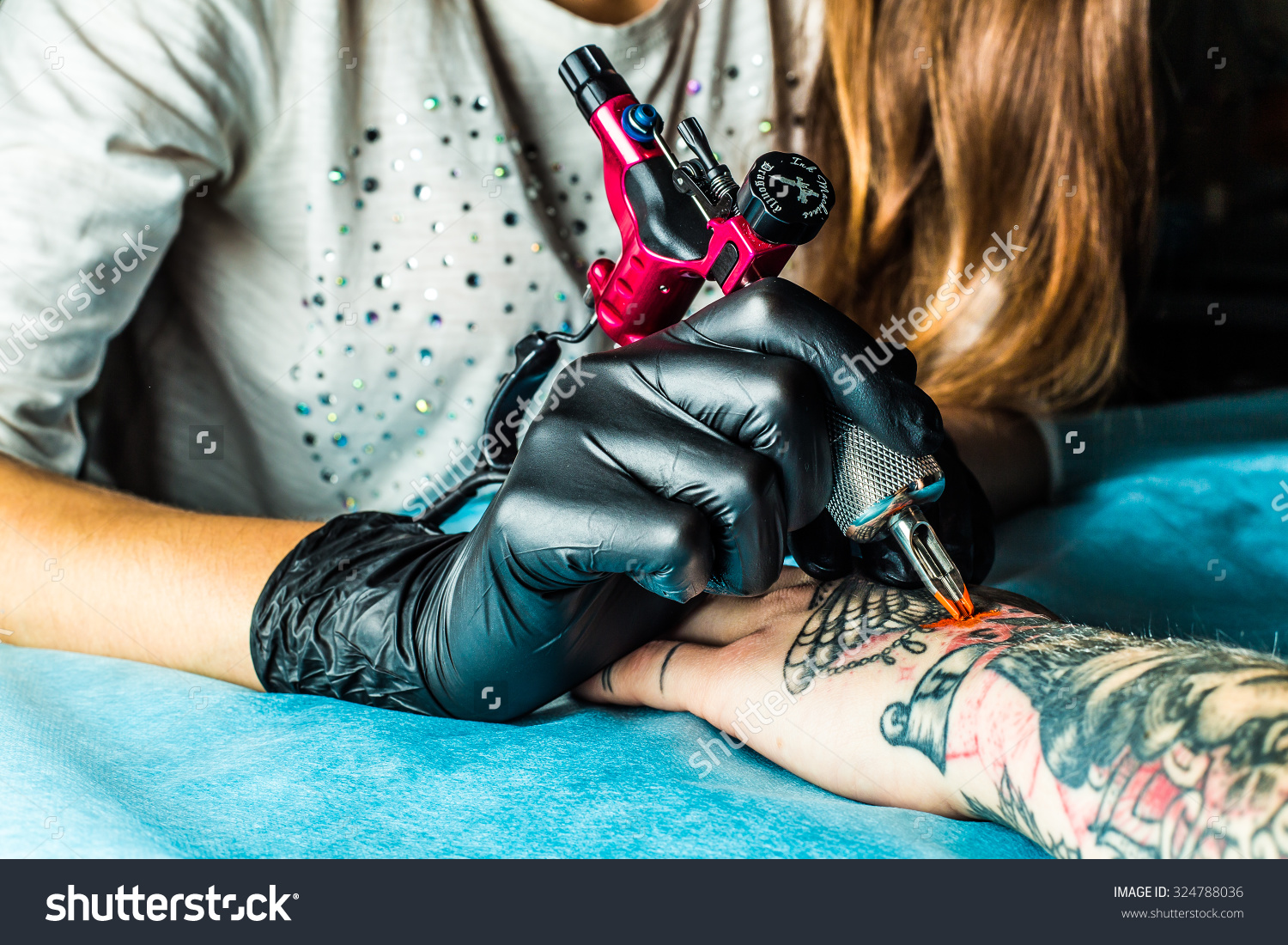by Colleen Rowe, originally published on FilmSyrup.com
We have all done it before and occasionally we think about it in a jaded haze of harsh perplexity. The stranger you see on the sidewalk, in the bar, on the subway—it’s really just a stranger, isn’t it? With curious inclination, you might halfway approach your stranger, because this unknown has become yours in the misty sentiments your mind creates above wheels upon rattling tracks. As your hand almost reaches its destination, within the space of skin folds between your stranger’s palm and fingers, you turn away, realizing, suddenly, that the city of New York is a very large place and within the swallowing crowds there isn’t a possibility that you’ve just run into the woman who you believe might be your emotional savior, only to be spit up with a violent cough back onto the pavement. It’s just a stranger, you tell yourself again, and she isn’t yours. In a fleeting moment, someone asks, with a twinge of undocumented mystery: What if she isn’t a stranger? What if she is yours?
Writer and director, Zachary Wigon, has mindfully crafted the independent film, The Heart Machine, portraying the casual conversations between two individuals who have formed a long distance relationship with each other and a mysterious truth about their physical proximities. Between their scheduled skype sessions, the male protagonist turned antagonist, Cody, played by John Gallagher Jr., appears suspicious quickly after the web camera lens shuts off, plotting points on a map of New York City and evaluating the typically American electric outlets beside a picture of his transient beloved. After a run in with his internet girlfriend’s doppelganger on the subway in New York, after knowing that she has been in the process of completing a fellowship in Germany, Cody mentions this sighting to his girlfriend, Virginia, played by Kate Lyn Sheil, only to hear her feigned disinterest as an obvious warning of deception. Perhaps this mystery subway rider was his.
The daily lives and separate interactions within their individual worlds become noticeably depressing as Cody begins to stalk people who might have had an interaction with Virginia, while Virginia partakes in promiscuous, blind sex dates. Together, within their tunnel vision bubbles, initially so large with inventive ideas and a magnetic chemistry, their separateness pops their internet world back to a reality so unremarkable that you start to hate them for their completely irrelevant lives. Here, as the line between real “lives” and internet personas becomes large enough to park a Titanic-sized water tricycle within its domain, viewers realize how simply expectations are built up by portraying oneself incorrectly on a website platform. It is remarkable how thoroughly obsessed people become with everyday internet interactions, to the point where they lose part of who they are. The Heart Machine touches upon this idea, directing it like a ventriloquist’s dummy, to present the realization that we are not really who we are portrayed to be through technology.
Cody, an initially seemingly adorable and caring boyfriend transforms into an undesirable stalker, exhibiting Zachary Wigon’s intentional idea: a normal guy can be depicted as a “creepy” individual once obsessive desires are introduced. His single minded actions to attempt to find his internet girlfriend in her tangle of lies, including following a barista she may or may not have known, manipulating a girl—who Cody had seen Virginia in a picture with on Facebook—to bring him back to her apartment so that he can search through her phone for any clues on Virginia’s whereabouts, and researching the address of Virginia’s apartment, where he proceeds to search through her garbage and finds the wrappers of the “German” chocolates she is often seen eating during their skype sessions, present the idea that everyone on the internet has the potential to be a stalker.
In a sense, we are all stalkers to a certain extent. Zachary Wigon makes this clear as the glass filled with water Virginia first drinks at the dive bar where she meets one of her sexual exploits. This scene, particularly, was captivating—her lips, nervous and trembling as she gulped down the water she uses to hydrate her insecure frame. Virginia’s location, very close to Cody’s New York world—a world in which Virginia is his—and the company she keeps, individuals exiled to distant, emotional plateaus, shows a different type of need that exists within her character. The need is expressed by Virginia herself during her first real-life, impromptu meeting with Cody as they stand on a roof and she explains her initial desire to find someone, via electronic dating applications, to care about at that moment, rather than someone to have sexual relations with. Her parallel need to disconnect physically with the people she actually cares for shows inability to mix sex with love, a commonality among scorned lovers.
This film is powerful, to the extent where it makes its audiences question whether the people we see every day through social media posts are the professionals and philanthropists they present themselves to be, or if they are simply con-artists with specific motives to clear the richness from their “internet model” competitors. In a world where boxes of chocolates have been compared to life—American imports disguised with a foreign, in The Heart Machine, German, façade, these lifeless things become representations for what is expected: deceit, manipulation, and a little bit of genuine adoration. If lies are told through a webcam, are they more credible because the evidence is difficult to receive? If we say we’re from a certain place, when we’re really from a completely different region, does it mean that we can reinvent ourselves without anyone finding out, so long as the original witnesses are stuffed into photo albums in our attics? Just because a person throws away the chocolate’s wrappers doesn’t mean that they won’t be recycled with advertised imprints of their original makers. It doesn’t mean they won’t be dug out of the trash by a jealous lover gone mad with anger. We’re digging through the internet to find a joint conclusion of what the truth once was, but this mimesis has shaded society with lenses so thick that the original contents of our souls are dabbed with printer’s ink and figurative “likes.”
In the end, Cody implies that his relationship with Virginia is over after his suspicions are confirmed that Virginia has been in New York the whole time they have been dating through Skype. Virginia, thinking about Cody first seeing her on the subway, assuming it was her doppelganger, she writes him a work of prose, shifting the initial outward, physical perception of that scene to an introspective voice—the person has now become the speaker and their whole existence is a memory jotted down in a diary. Here, the instance experienced by one person, is translated by another into something more beautiful than it was meant to be—a filter on a photograph, a manipulation of what once was into what is.
Did Virginia originally deny being a writer because she was more comfortable with being someone’s visual candy on a random train in New York City? The sound of a beating heart isn’t secluded to madmen—it’s that background noise when it’s really quiet and you’re pressed close against the reality of human contact. In the end, the liar becomes the heroine, because the art she depicts is so abstract that it becomes a concrete part of who she is and what the film that contains her has crafted her to be. The art of reality is a difficult concept to present—if you’re not careful, you’ll be depicted to be exactly as you are. You might become yours.
Get notified of Colleen’s work and follow FilmSyrup on Facebook.
Republished with permission.





